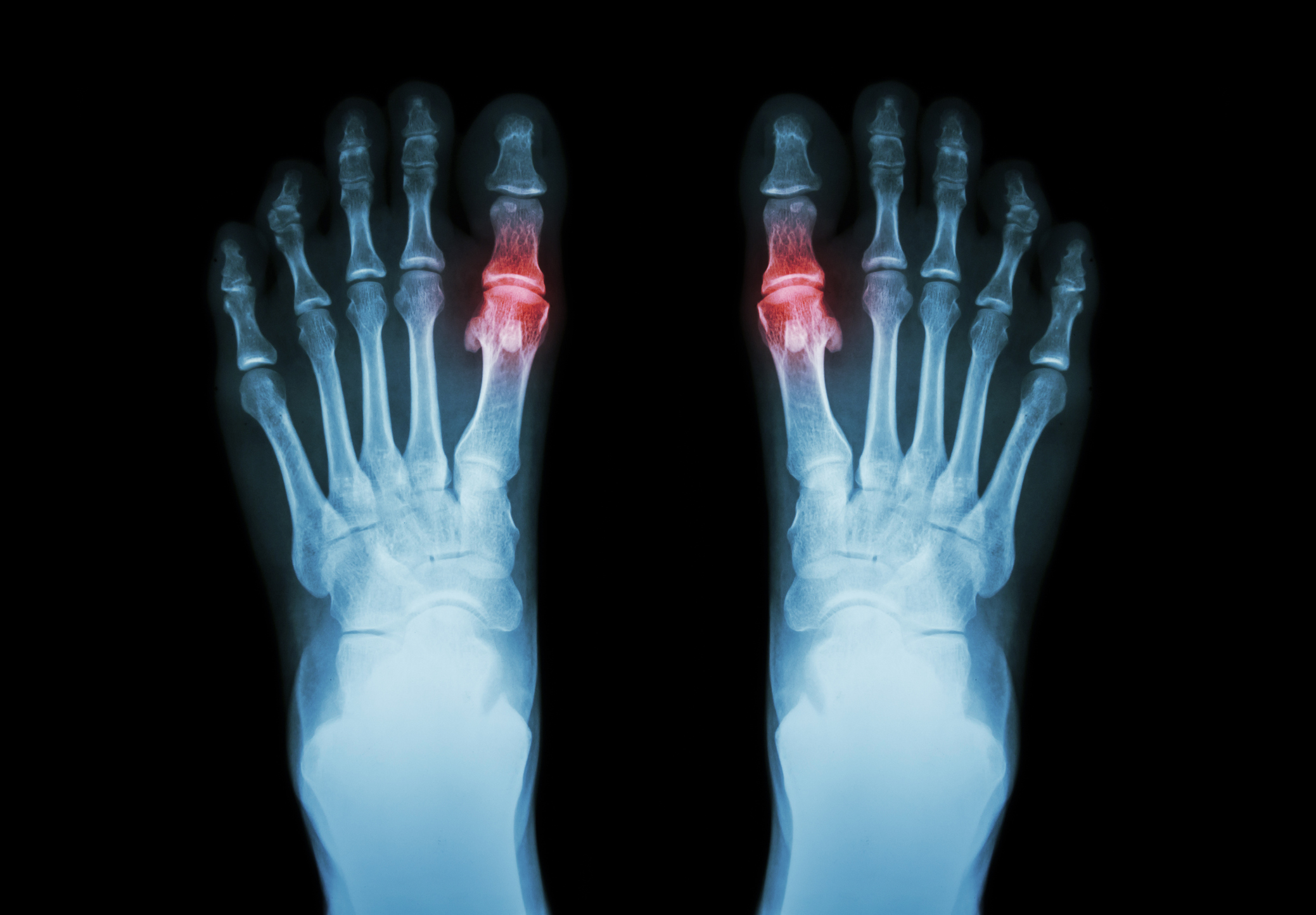Results achieved in prior matters are not meant to be a guarantee of success as the facts and legal circumstances vary from matter to matter.
Background on the Cartiva Implant
The Cartiva Synthetic Cartilage Implant (SCI) was designed as a groundbreaking solution for individuals with arthritis in the big toe joint. Marketed as a durable and minimally invasive alternative to joint fusion, the Cartiva implant promised pain relief and improved mobility. However, reports from patients and surgeons suggest that the device may not perform as intended, leading to an FDA recall and lawsuits.
The Cartiva SCI was approved by the FDA in 2016. The implant is made of a hydrogel material designed to mimic natural cartilage and cushion the big toe joint. Unlike traditional joint fusion surgery, which limits motion, the Cartiva implant was intended to maintain mobility while alleviating pain.

Alleged Injuries and Complications
Despite its intended benefits, studies have shown a much higher failure rate than initially reported by its manufacturer. Patients report complications following Cartiva implantation, including:
With some studies showing a 79% failure rate, the FDA had little choice but is issue a federal recall of all Cartiva Synthetic Cartilage Implants manufactured from 2016 to the present. If you or a loved one has been injured by the Cartiva SCI, please contact Wilentz, Goldman & Spitzer, P.A. immediately for a free consultation.
The Current Status of Litigation
Lawsuits are being filed by patients who allege that the Cartiva implant was defectively designed, inadequately tested and that the manufacturer failed to warn patients and surgeons about the risks. Some of the key legal claims in these cases include:
Many cases are now proceeding in state and federal courts. It remains to be seen whether individual lawsuits will be consolidated into a multi-district litigation (MDL) or class action lawsuit.
What Should Affected Patients Do?
Wilentz, Goldman & Spitzer, P.A. is actively investigating Cartiva implant cases and is committed to holding negligent medical device manufacturers accountable. Contact us today for a free consultation to discuss your legal rights.
Joshua S. Kincannon
Counsel
732.855.6141
Lynne M. Kizis
Co-Chair, Mass Tort/Class Action Team
Shareholder
732.855.6424
212.267.3091